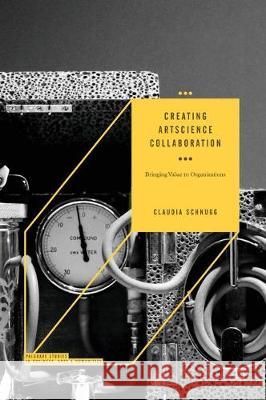Creating Artscience Collaboration: Bringing Value to Organizations » książka
topmenu
Creating Artscience Collaboration: Bringing Value to Organizations
ISBN-13: 9783030045487 / Angielski / Twarda / 2019 / 247 str.
Kategorie:
Kategorie BISAC:
Wydawca:
Palgrave MacMillan
Seria wydawnicza:
Język:
Angielski
ISBN-13:
9783030045487
Rok wydania:
2019
Wydanie:
2019
Ilość stron:
247
Oprawa:
Twarda
Wolumenów:
01











